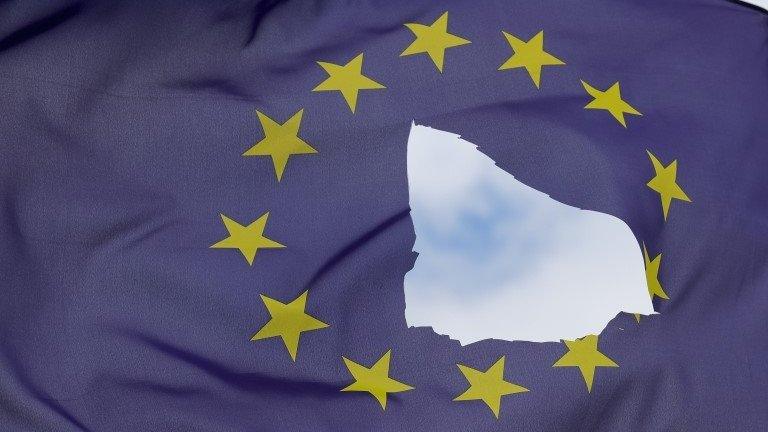Brexit: Germany to talk tough on single market access
- Published
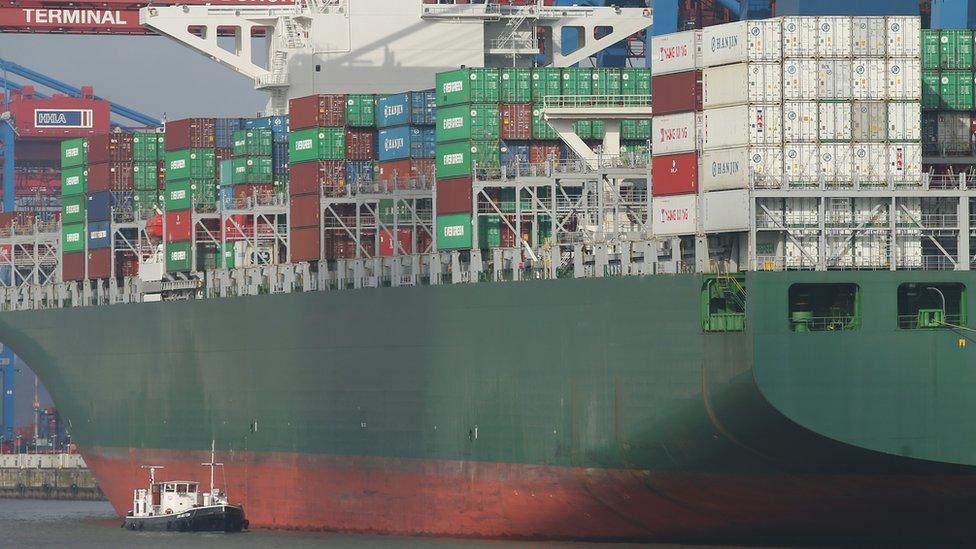
Germany's business association has denied saying that the UK will remain part of the EU's single market
The language from Berlin is gentle - for now.
Angela Merkel's spokesman said on Monday that, if Britain needed a reasonable amount of time to trigger Article 50, then the German government respected that. An impasse must, said Steffen Seibert, be avoided.
But Chancellor Merkel has also ruled out any negotiations, informal or otherwise, with London until Downing Street triggers the article and officially starts the exit procedure.
And, while Mrs Merkel has said that there's no need to "be nasty" to Britain, all the indications are from senior political voices in Berlin that Germany is preparing to talk tough.
MPs of almost every political hue have made it clear that the UK is in for a rough ride when it comes to negotiating its exit from the EU.

Victoria, 18, from Spain: "I don't want countries to follow the example of the United Kingdom"

Volker Kauder, a close ally of Mrs Merkel, said on Monday there would be no special treatment for the UK.
Others have used harsher language. There must be "consequences for Britain", said one MP in order to discourage other EU member states from heading for the exit door.
By special treatment, read access to the single market.
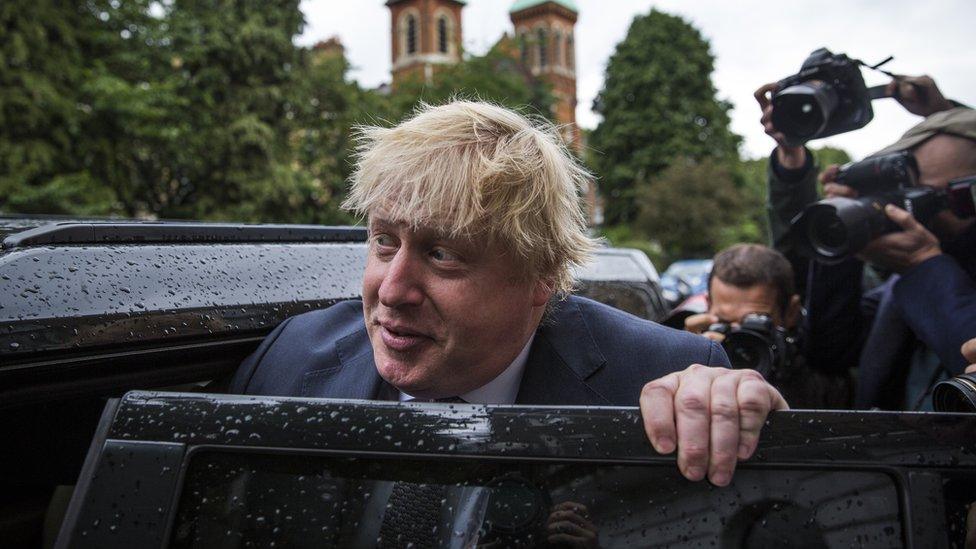
Prominent Leave campaigner Boris Johnson suggested on Monday that Britain would "always be part of Europe"
Senior economists and business leaders, including German car makers' association (VDA) president Matthias Wissmann, have warned against future barriers to free trade. Britain is still an important commercial partner for Germany.
But, as Mrs Merkel rather pointedly said on Saturday, if the British people don't want to be in the European Union or the single market, then we have to respect that.
In an article for UK newspaper The Daily Telegraph, external, Conservative Leave campaigner Boris Johnson wrote that the German business association (BDI) had "very sensibly reminded us there will continue to be free trade and access to the single market".
The BDI was on Monday, to put it mildly, rather surprised by the claim. It was untrue - the BDI had never and would never say such a thing, it told the BBC.
Later, in a carefully worded statement, it said it "deeply regrets the result of the referendum; it weakens the UK, the EU and Germany politically and economically. The politicians responsible need to do everything to minimise this negative effect."
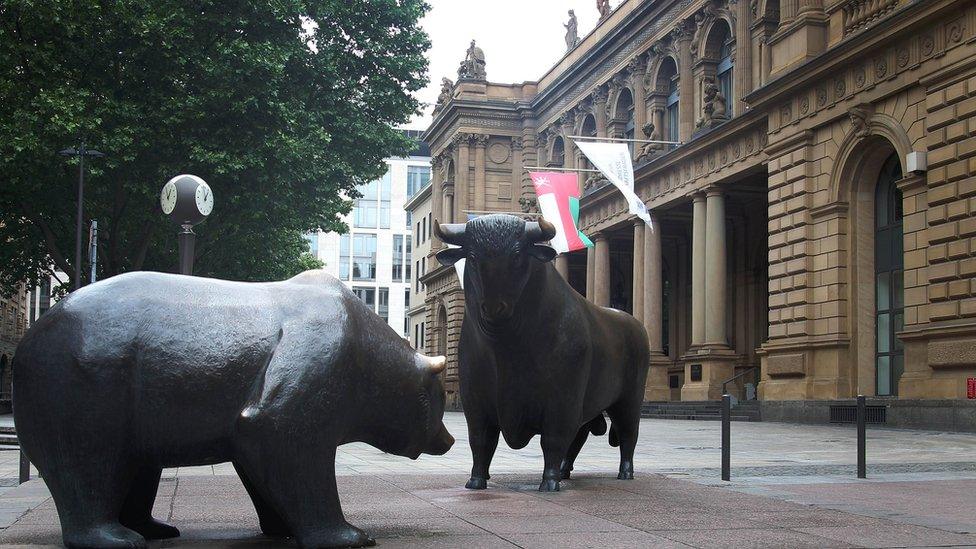
Some in Germany's financial centres are wondering whether they could benefit from Brexit
Economists and business leaders are still trying to analyse the impact of Brexit.
There are those who view it as an opportunity - that, for example, the City of London's potential loss might be Frankfurt's gain.
But the head of the Berlin stock exchange disagrees. Artur Fischer says: "London has an ecosystem. It's grown for many years, it's been cultivated. It's naive to think it can be replaced by somewhere else."
He, like the majority here, believes the British decision is bad news for the UK and for Europe. "When we built the EU we created a common marketplace. That can only happen with a level playing field," he said.
Europe 'at a crossroads'
Mrs Merkel was due to hold talks later with European Council President Donald Tusk, and then meet the leaders of France and Italy.
The chancellor is reported to have told the board of her CDU party that it is important to prevent other countries following Britain and that international financial markets are very concerned that the EU is no longer governable.
Mrs Merkel is said to believe it's not the right time to push for deeper integration of eurozone member states. On this she's in apparent disagreement with the French. But expect, for now at least, a display of unity.
As one German broadcaster put it on Monday: "Europe is at a crossroads."
Nevertheless the consensus here, politically and publically, is that Brexit is bad for Europe and bad for Germany. But it will hurt Britain most of all.
- Published19 June 2016
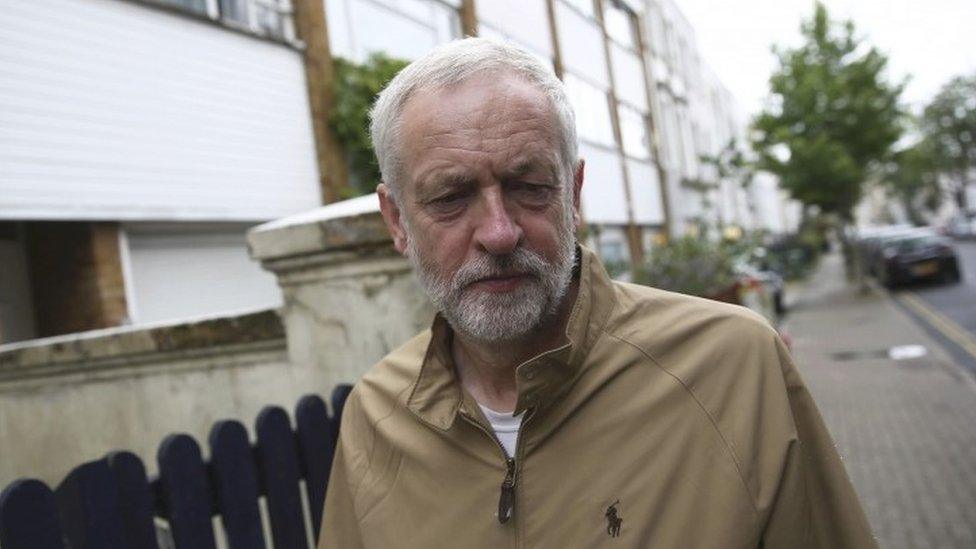
- Published25 June 2016
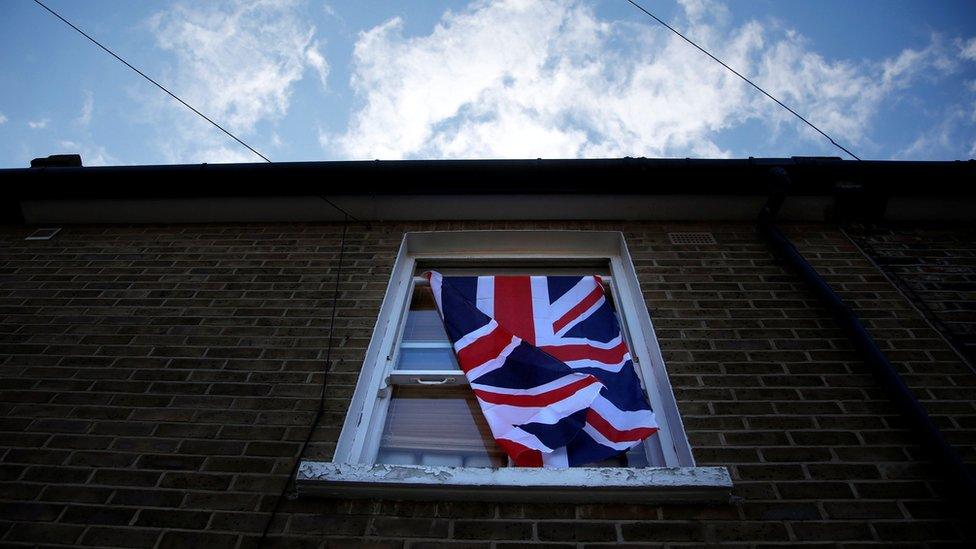
- Published27 June 2016
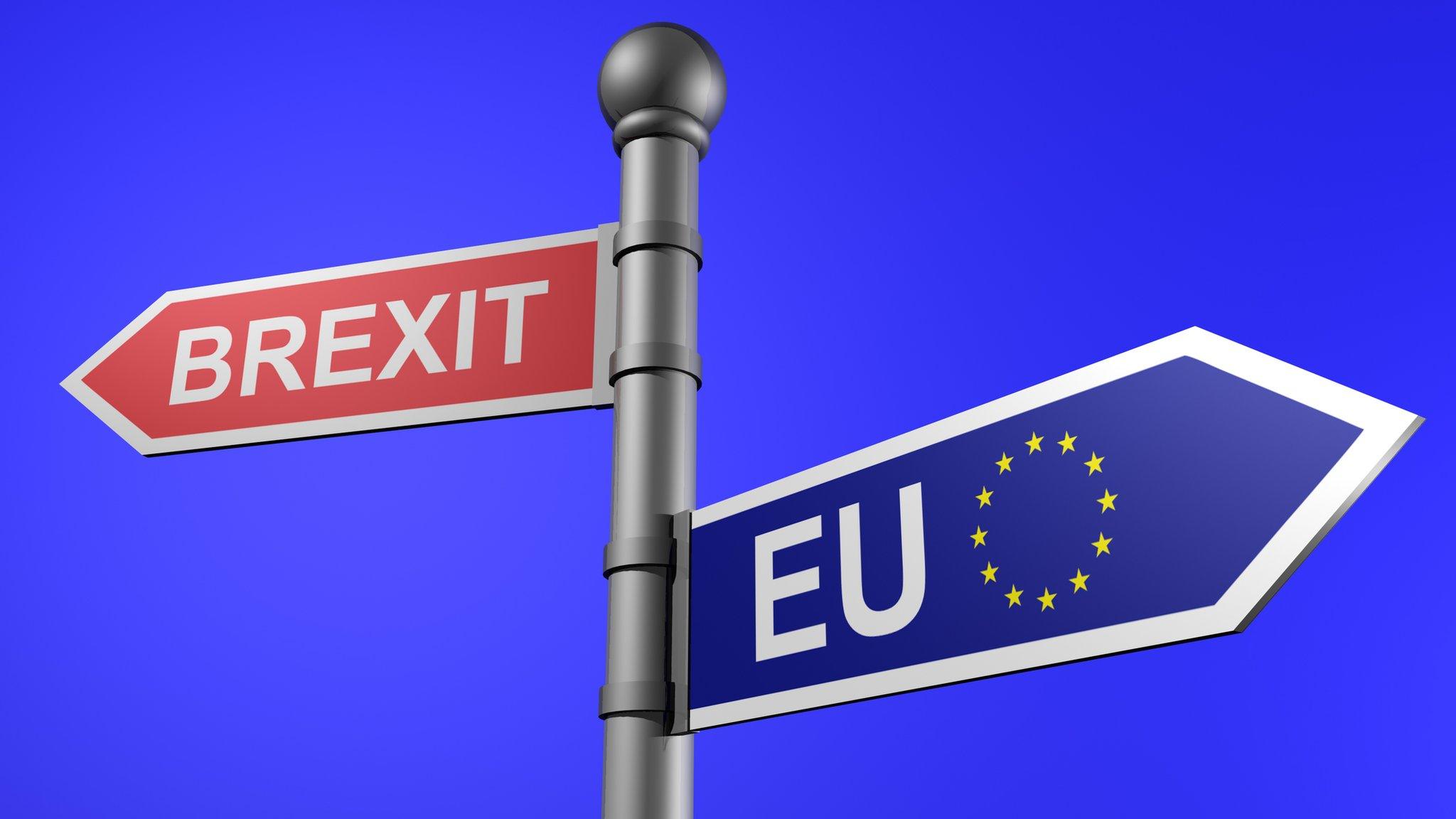
- Published24 June 2016
